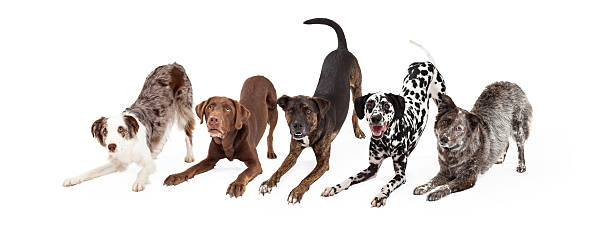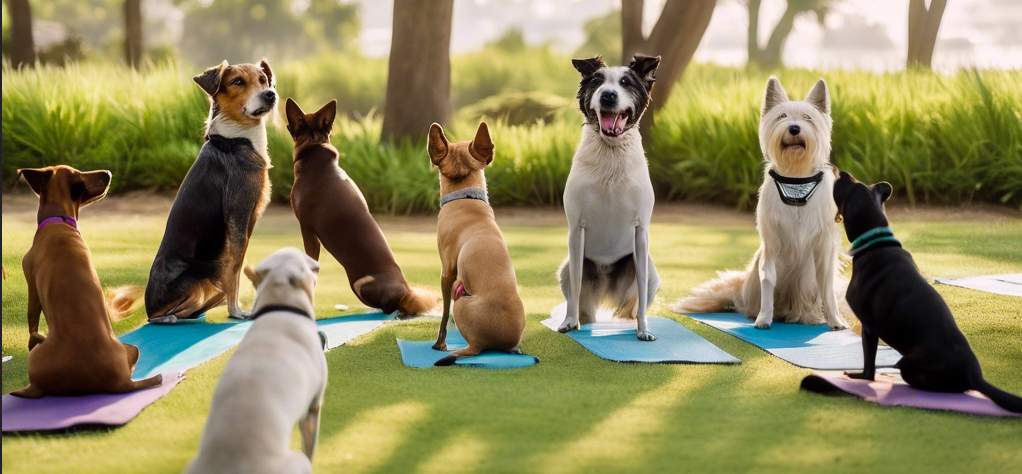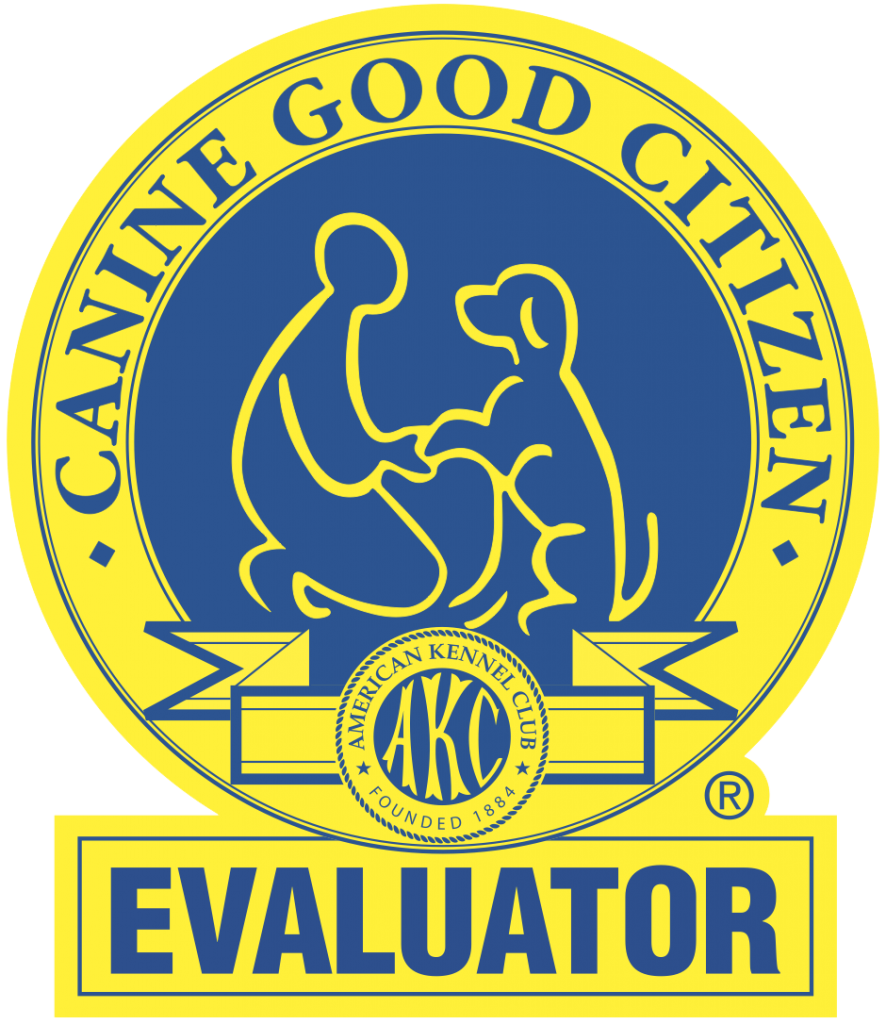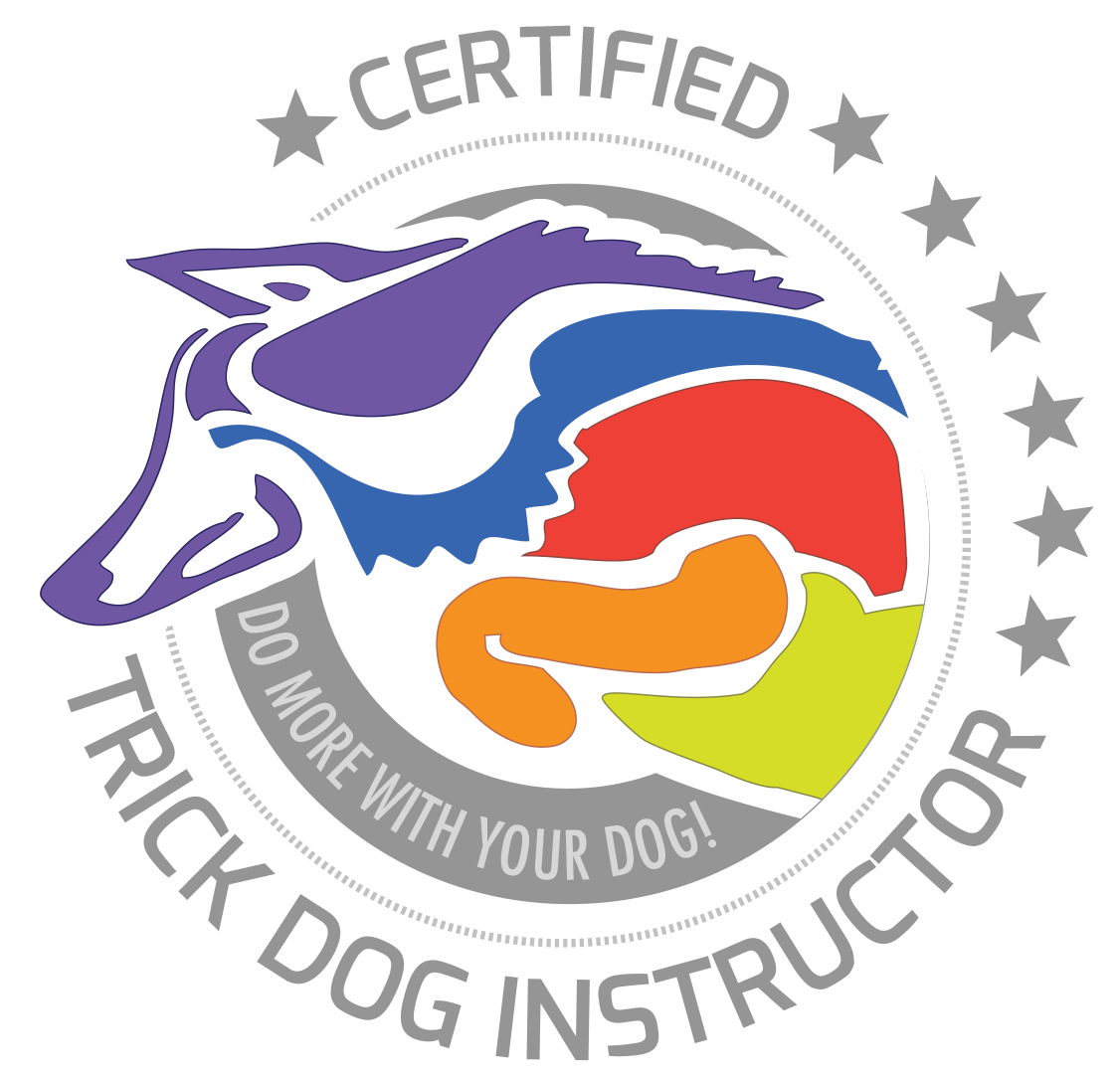We call it Innovative Dog Training because it uses modern, creative methods that add more to the traditional obedience training.
This recent approach sees the dog as a complex being with needs, feelings and emotions. It focuses on understanding canine behavior as a science by using research studies and new descoveries to improve dog’s behavior through better communication .
Key aspects included in our training, though they are not limited to just these:
– Behavioral Science
Innovative trainers often rely on principles from behavioral science to shape behaviors through consistent reinforcement strategies. Understanding how dogs learn allows trainers to create customized programs tailored to individual needs.
– Socialization Techniques
Encouraging safer interactions with other animals and people helps develop well-rounded pets that are comfortable in various environments.
– Customized Training Plans
Recognizing each dog’s uniqueness, innovative trainers create personalized plans based on breed characteristics, personality traits, age factors, and specific challenges faced by owners.
– Holistic Approach
Some modern trainers consider the dog’s overall well-being by incorporating mental stimulation, physical activities, emotional health, nutrition, mindfulness practices, and environmental enrichment. This holistic approach fosters an environment where canine companions thrive physically, mentally, and emotionally.
Our innovative Training method includes the following:
1. Cognitive Dog Training with brain exercises and impulse control
Canine cognitive training is a specialized methodology focused on enhancing impulse control in dogs. It engages them in mental exercises that challenge their cognitive abilities, problem-solving skills, and self-regulation. This training helps dogs resist distractions and make informed decisions in various contexts. Impulse control is vital for cultivating well-behaved companions, ensuring safety, obedience, and effective socialization with other animals and humans.
For more check our page Cognitive Training here.
2. Exposure Therapy Training for Reactive, Fearful dogs or Phobias
Exposure therapy training is a complex process through which we help dogs that struggle with reactivity, fears, phobias, reactivity. It involves a behavioral modification plan with a combination of methods and exercises and it’s entirely customized to each dog. Just like with humans, every dog’s emotions, experiences, temperaments, reactions, genetic predisposition, etc are different. There is no one size fits all when it comes to treating problematic behavior in dogs.
In most cases of exposure, we combine protocols with relaxation exercises to make feared objects, activities, or situations more manageable.
3. Mindful Training or Relaxation Training for Anxiety, Stress, Aggressive behavior, Hyperactivity etc.

Think of Yoga for Dogs! You could say it’s s a form of meditation and breath work for canines to promote a calm behavior.
We use different strategies to reduce stress and anxiety through calming practices and exercises that promote relaxation.
Before addressing difficult behaviors, especially aggression, we must cultivate a spirit of Emotional Awareness.
That means that every dog’s reaction is an emotional response to environmental stimuli, internal conflicts or physical discomfort like pain.
For this reason, we first need to align the dogs emotional aspects and put them in the right perspective. Suppressing these emotions, trying to stop them, by passing, ignoring or denying them is a recipe for disaster!
We recommend addressing these issues before using e-collars, prong collars, slip leashes, spray bottles, authoritative voices or physical corrections.
Sometimes the dog may simply not know how to behave.
Due to these factors, we first conduct a behavioral assessment of the dog. That will help us create a proper customized training plan for your dog.
Mindful Training systematically teaches your dog the benefits of staying calm in challenging situations, triggers, or feared objects.
We are teaching your dog to calm down and relax.
In dog training, our emotions greatly influence our dogs, and their emotional states can affect us as well. Our role is to help regulate their negative emotions to restore balance when they struggle. We must remain emotionally aware, consciously regulate our feelings, and cultivate a positive mental state.
Being mindful of our emotions isn’t always easy, but it’s the best we can do for ourselves and our dogs.
In conclusion, integrating these methods into daily routines promotes a holistic, well-rounded lifestyle that enhances the dog’s quality of life.







